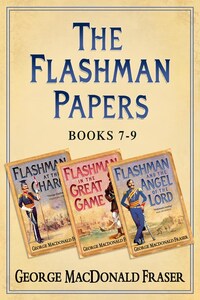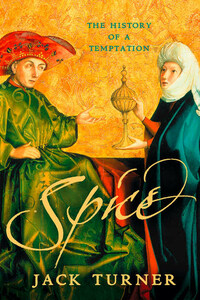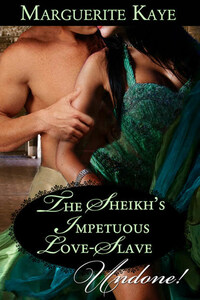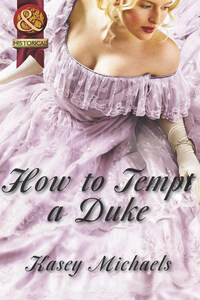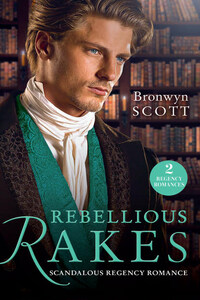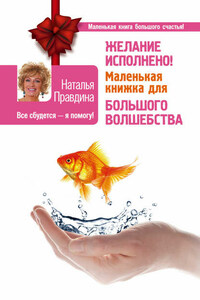When the Flashman Papers, that vast personal memoir describing the adult career of the notorious buily of Tom Brown’s Schooldays, came to light some years ago, it was at once evident that new and remarkable material was going to be added to Victorian history. In the first three packets of the memoirs, already published by permission of their owner, Mr Paget Morrison, Flashman described his early military career, his participation in the ill-fated First Afghan War, his involvement (with Bismarck and Lola Montez) in the Schleswig-Holstein Question, and his fugitive adventures as a slaver in West Africa, an abolitionist agent in the United States, and an erstwhile associate of Congressman Abraham Lincoln, Mr Disraeli, and others.
It will be seen from this that the great soldier’s recollections were not all of a purely military nature, and those who regretted that these earlier papers contained no account of his major campaigns (Indian Mutiny, U.S. Civil War, etc.) will doubtless take satisfaction that in the present volume he deals with his experiences in the Crimea, as well as in other even more colourful – and possibly more important – theatres of conflict. That he adds much to the record of social and military history, illumines many curious byways, and confirms modern opinions of his own deplorable character, goes without saying, but his general accuracy where he deals with well-known events and personages, and his transparent honesty, at least as a memorialist, are evidence that the present volume is as trustworthy as those which preceded it.
As editor, I have only corrected his spelling and added the usual footnotes and appendices. The rest is Flashman.
G.M.F.
The moment after Lew Nolan wheeled his horse away and disappeared over the edge of the escarpment with Raglan’s message tucked in his gauntlet, I knew I was for it. Raglan was still dithering away to himself, as usual, and I heard him cry: “No, Airey, stay a moment – send after him!” and Airey beckoned me from where I was trying to hide myself nonchalantly behind the other gallopers of the staff. I had had my bellyful that day, my luck had been stretched as long as a Jew’s memory, and I knew for certain that another trip across the Balaclava plain would be disaster for old Flashy. I was right, too.
And I remember thinking, as I waited trembling for the order that would launch me after Lew towards the Light Brigade, where they sat at rest on the turf eight hundred feet below – this, I reflected bitterly, is what comes of hanging about pool halls and toad-eating Prince Albert. Both of which, you’ll agree, are perfectly natural things for a fellow to do, if he likes playing billiards and has a knack of grovelling gracefully to royalty. But when you see what came of these apparently harmless diversions, you’ll allow that there’s just no security anywhere, however hard one tries. I should know, with my twenty-odd campaigns and wounds to match – not one of ’em did I go looking for, and the Crimea least of all. Yet there I was again, the reluctant Flashy, sabre on hip, bowels rumbling and whiskers bristling with pure terror, on the brink of the greatest cavalry carnage in the history of war. It’s enough to make you weep.
You will wonder, if you’ve read my earlier memoirs (which I suppose are as fine a record of knavery, cowardice and fleeing for cover as you’ll find outside the covers of Hansard), what fearful run of ill fortune got me to Balaclava at all. So I had better get things in their proper order, like a good memorialist, and before describing the events of that lunatic engagement, tell you of the confoundedly unlucky chain of trivial events that took me there. It should convince you of the necessity of staying out of pool-rooms and shunning the society of royalty.
It was early in ’54, and I had been at home some time, sniffing about, taking things very easy, and considering how I might lie low and enjoy a quiet life in England while my military colleagues braved shot and shell in Russia on behalf of the innocent defenceless Turk – not that there’s any such thing, in my experience, which is limited to my encounter with a big fat Constantinople houri who tried to stab me in bed for my money-belt, and then had the effrontery to call the police when I thrashed her. I’ve never had a high opinion of Turks, and when I saw the war-clouds gathering on my return to England that year, the last thing I was prepared to do was offer my services against the Russian tyrant.
